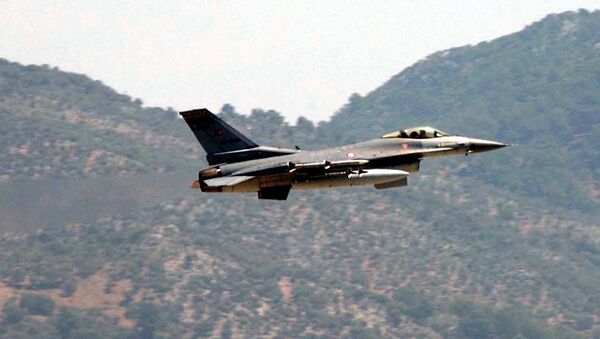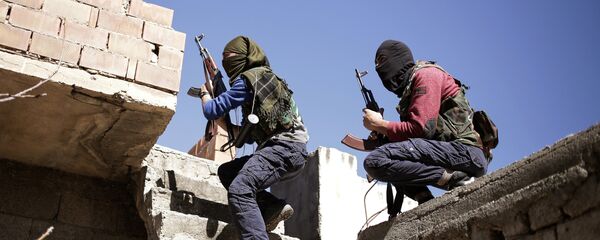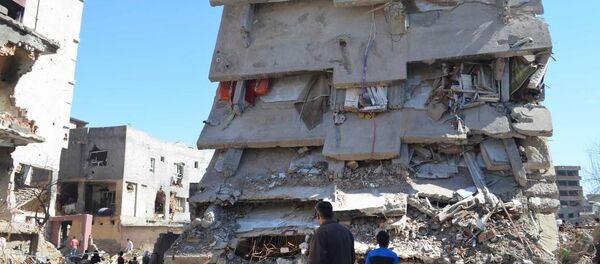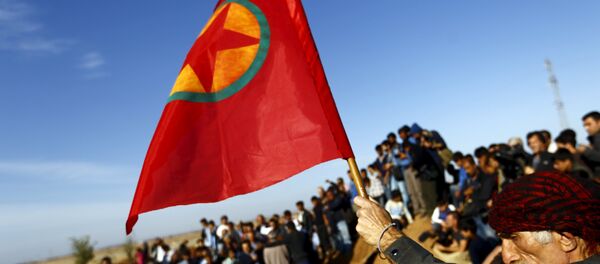Turkish air units have carried out operations in Iraq since last July, going after members of the Kurdistan Workers Party (PKK), which Ankara views as a terrorist organization. Last month, Turkish airstrikes were reported to have killed 67 Kurdish militants across northern Iraq.
Iraqi Prime Minister Haider al-Abadi has harshly criticized the air campaign, describing it as "a dangerous escalation and a violation of Iraq’s sovereignty."
But the airstrikes continue. On Tuesday, Turkish military confirmed that it struck PKK targets on Monday. The strikes hit weapons stores, shelters, and other sites in the Qandil area of northern Iraq.
The Turkish government’s campaign against the PKK in Iraq coincides with the Erdogan administration’s crackdown on Kurdish communities within Turkey.
A curfew was declared in Turkey’s Silvan district last month, as part of an operation intended to root out PKK militants. During a single 24-hour period last month, 24 militants were said to have been killed by the Turkish army. Since December 2015, the Turkish general staff estimates that over 1,000 Kurdish militants have been killed.
Kurdish rights groups say that number includes hundreds of civilians.
The town of Cizre has been reduced to rubble.
"All of the buildings were covered with bullet holes. When we turned around the corner I saw ruins all over the streets where children were playing," said RT correspondent William Whiteman in an interview with Lenta.ru.
"I think that thousands of civilians were killed in southeastern Turkey during the operation. Sometimes Turkish forces are especially brutal. They can impose a curfew in the area and then shell with heavy artillery.
"In the basement floor of one of the buildings 150 people were killed in a fire."
Ankara’s aggression has also spilled into neighboring Syria, with Turkish troops firing across the border to suppress Syrian Kurds.
Critics argue that the ongoing operations threaten the peace process in Syria.
"Without a rapid political solution to the Kurdish problem, Turkey will remain an ineffective partner in the fight against ISIS [Daesh] and derail not just military, but also diplomatic efforts to find a solution to the Syrian conflict," Gonul Tol, director of the Center of Turkish Studies, said during a Middle East Institute Conference earlier this month.
Turkey undercuts "US efforts to counter ISIS and pursue a political solution to the conflict in Syria," Tol added.





